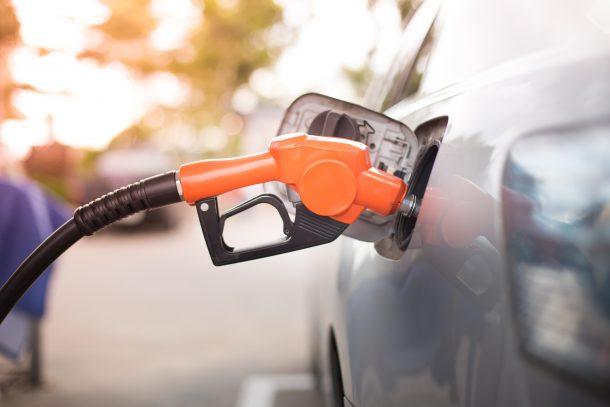#gasohol
Inspector General Confirms EPA Broke Law, Failed to Study Environmental Impact of Ethanol
According to the U.S. Environmental Protection Agency’s inspector general, the Obama Administration has failed to live up to its legal obligation to study the environmental impact of blending ethanol with gasoline.
Those findings, the result of an inspector general audit, confirm what the Associated Press reported back in late 2013, prompting the audit.
In 2007, Congress passed the Energy Independence and Security Act, which was and signed into law by Pres. George W. Bush. Among other things, the 2007 legislation increased the Renewable Fuel Standard that mandated biofuel production, primarily ethanol, and the blending of at least some of that ethanol into the gasoline supply.
The law also stipulates that the U.S. EPA must conduct studies every three years and report to Congress on the air and water quality benefit, or lack thereof, by adding corn-based ethanol to gasoline. The purpose of that part of the law is to make sure solutions to the country’s energy needs don’t adversely affect the environment.
Piston Slap: Tolerate the Government's Ethanol Boondoggle?
David writes:
Hi Sajeev,
Is it worth the extra 40¢/gallon to go for 91 octane ethanol-free gasoline based on its durability merits?

















Recent Comments